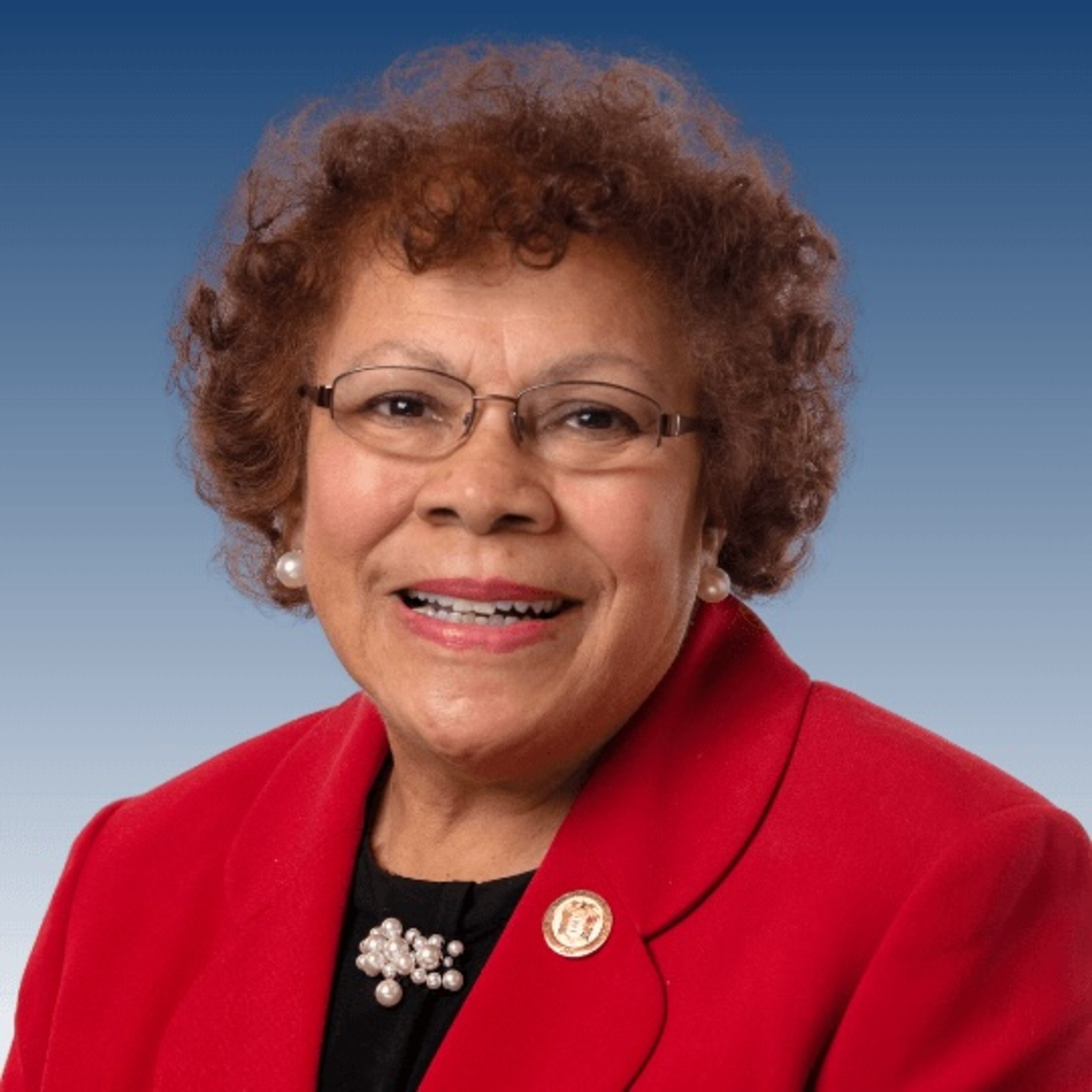
Pictured: Two New Jersey bills address underage casino gambling. (Credit: Shutterstock)
With gambling becoming increasingly accessible, especially through online platforms, a new bill in New Jersey aims to educate high school students about the risks associated with compulsive gambling. This measure seeks to equip young people with the knowledge to make informed choices and prevent the development of gambling addictions.
S-3666 is currently progressing through Trenton with the objective of incorporating education on gambling risks into the high school curriculum across New Jersey.
The bill’s co-sponsor, State Senator Shirley Turner, highlights the growing issue of teenage gambling, which she says has been heightened by the popularity of online sports betting.
Most students potentially have access to gambling platforms, either directly through their smartphones or indirectly through friends and family members.
Early Education Is Key to Preventing Problem Gambling
According to the bill, teachers from the health and physical education departments will be responsible for delivering this crucial instruction.
The lessons will cover not only the dangers of gambling addiction but also the financial risks and a clear understanding of probability versus predictability.

Senator Turner emphasizes the urgency of this educational initiative, pointing out that gambling habits developed during adolescence often continue into adulthood. She notes that about 20% of teenagers are at risk of developing gambling problems. This parallels the way young people might access alcohol or drugs from their homes, leading to addiction.
Not only does gambling pose financial risks, but it also affects mental health. Turner warns that anxiety, depression, and even suicidal thoughts are potential consequences of gambling addiction. The stress of managing the addiction and its impacts on daily life can be significant.
Second Bill Also Targets Teen Gambling
Another bill, S-1242, introduced by Senator James Beach, aims to address underage gambling. It would require young people caught gambling illegally to take part in a program that focuses on preventing and treating gambling addiction. These programs are offered by organizations like the Council on Compulsive Gambling of New Jersey.
Currently, if someone under 21 is caught gambling in a casino, they are committing an offense and can be fined between $500 and $1,000. The new bill would allow the court to decide whether to impose this fine or not.
Underage Gambling Statistics Back Lawmakers’ Claims
Research underscores the prevalence of gambling among youth:
- High Exposure: A significant portion of adolescents have tried gambling, with 86% in New York having gambled, and 15% doing so weekly.
- Problem Gambling: Around 8% of young people (ages 12-17) are considered problem gamblers, and 10-14% are at risk of developing such issues.
- Early Onset and Gender Differences: Many start gambling before age 10, with boys more likely to gamble than girls.
- College Concerns: Among college students, 75% have gambled recently, with some facing compulsive gambling issues.
Common Gambling Activities
Underage individuals frequently engage in:
- Bingo/Raffles (52%)
- Games of Skill (45%)
- Lottery (41%)
- Card Games (37%)
- Video Games (35%)
- Fantasy Sports/Sports Betting (21%)

Consequences of Youth Gambling
The fallout from underage gambling is multifaceted:
- Gambling Disorder: Up to 5% of young gamblers develop a disorder.
- Financial Strains: Teens may accumulate debt from escalating wagers.
- Mental Health Issues: Links to depression and anxiety are notable.
- Academic and Social Challenges: Poor school performance and strained relationships are warning signs.
A Vital Step for New Jersey
This new bill represents a proactive approach to addressing the gambling epidemic among young people.
By integrating gambling awareness into school curricula, New Jersey aims to curb the rise of teenage gambling and its associated challenges, paving the way for healthier, more informed future generations.
More must-reads:
Breaking News
Trending News
Customize Your Newsletter
 +
+
Get the latest news and rumors, customized to your favorite sports and teams. Emailed daily. Always free!








